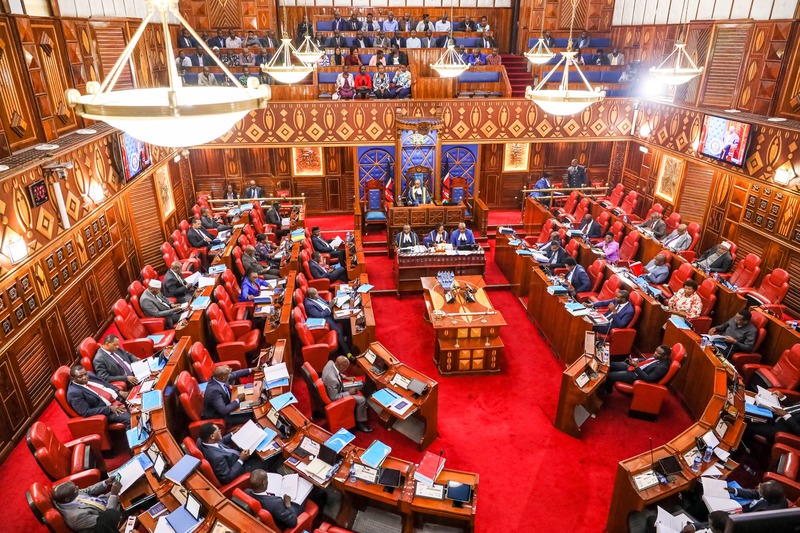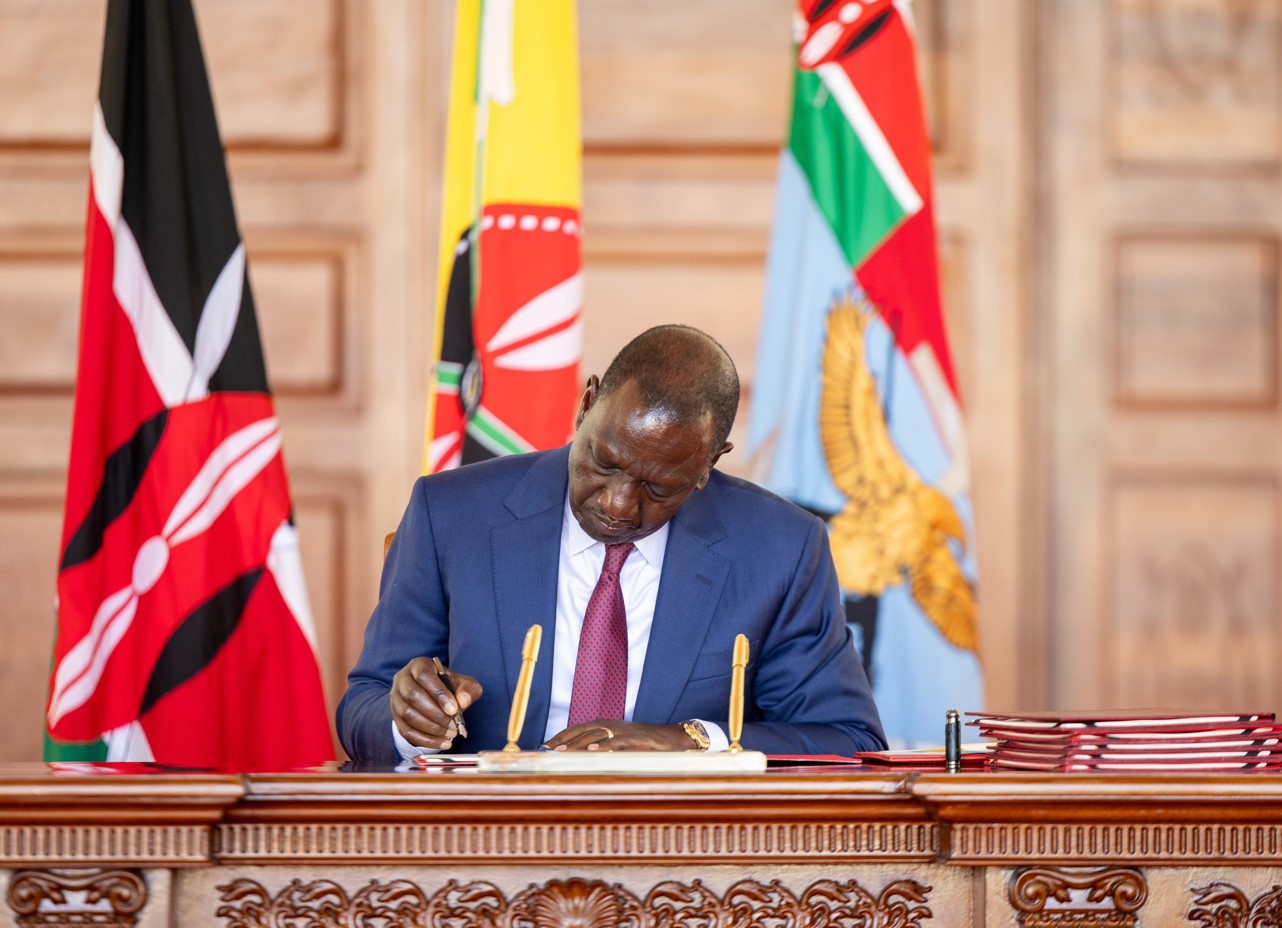New Bill seeks to repeal party laws, allow politicians to back rival's agendas

Critics argue that flexibility may undermine the structure and discipline of political parties, potentially rendering them mere stepping stones for political gain.
A Bill currently under debate in the Senate aims to repeal a crucial section of the Political Parties Act, facilitating leaders in openly supporting rival party interests without fear of disciplinary action.
If passed, the Political Parties (Amendment) Bill 2024 would allow high-ranking officials, from the President to Members of Parliament and governors, to advocate for the ideologies of opposing parties, potentially reshaping the country’s political landscape.
More To Read
- IEBC admits slow voter registration, pledges expanded access after by-elections
- Jubilee Party to IEBC: Use by-elections to restore public trust ahead of 2027 polls
- IEBC clears 56 candidates for November 27 by-elections
- IEBC warns Parliament against rushed electoral reforms ahead of 2027 General Election
- MPs return from recess with NADCO Bills top of agenda
- IEBC publishes list of nominated candidates, polling stations ahead of by-elections
The proposal, part of the National Dialogue Committee (NADCO) report adopted by Parliament in February, seeks to repeal section 14A of the Political Parties Act, thereby reducing restrictions on crossing party lines.
The Bill has been co-sponsored by Senate Majority Leader Aaron Cheruiyot and Minority Leader Stewart Madzayo.
“The principal Act is amended by repealing section 14A,” reads Clause 6 of the bill, which signals a major shift in the boundaries of party affiliation.
If passed, this provision would, for example, permit the Leader of the Majority in the National Assembly to support opposition interests without violating party discipline protocols.
However, the proposal has drawn criticism from influential figures and institutions, including the Azimio coalition, constitutional law expert Professor Githu Muigai, former Busia Senator and ex-Attorney-General Amos Wako, and the Office of the Registrar of Political Parties, all of whom presented their concerns before NADCO.
NADCO, co-chaired by Majority Leader Kimani Ichung’wah and Wiper leader Kalonzo Musyoka, was created to reform Kenya’s electoral system in response to violent protests following the 2022 General Election.
 Senators during a recent session. (Senate)
Senators during a recent session. (Senate)
Critics argue that flexibility may undermine the structure and discipline of political parties, potentially rendering them mere stepping stones for political gain.
They argued that the new law could ultimately erode the core of Kenya's democratic framework by weakening party loyalty, which traditionally underpins the country’s democratic system.
Currently, Section 14A of the Political Parties Act explicitly states that any member of a political party will be considered to have resigned if they form or join another political party.
“A person who, while being a member of a political party, shall be deemed to have resigned from that party if that person forms another political party, joins in the formation of another political party, or joins another political party," the law targeted for obliteration reads.
Additionally, members promoting rival parties' policies are seen as abandoning their original affiliations.
The Azimio coalition emphasised to NADCO that actions by some leaders to collaborate with opposing parties have eroded party loyalty and undermined the integrity of political groups in Kenya.
Azimio argued that while joining any party is a constitutional right, individuals should not benefit from their sponsoring party while also backing the agenda of competing groups.
To address this, Azimio suggested amending Article 130 of the Constitution and Section 14 of the Political Parties Act to require members who switch parties to seek a new public mandate.
It also proposed specific timelines for handling expulsions of MPs accused of "political defection," recommending a 60-day limit on court challenges and a constitutional amendment requiring the Speakers of Parliament and county assemblies to enforce party expulsion decisions within 14 days of receiving a request.
Top Stories Today















































